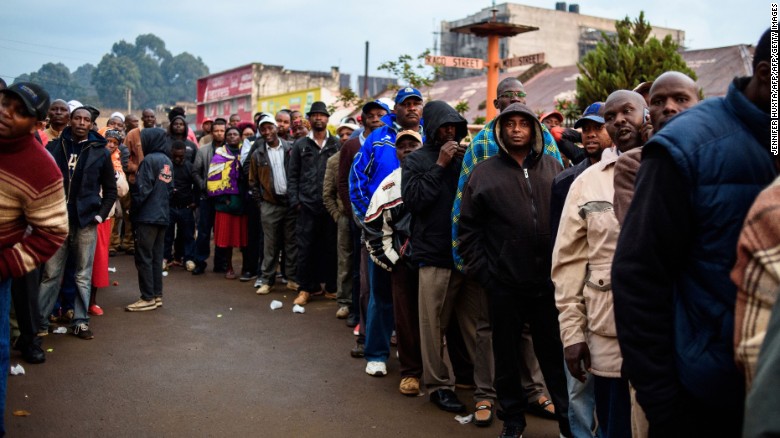It is election eve in Kenya, and there is a tense calm as rain blankets several parts of the country. They say in Africa that rain is a blessing, and given the unprecedented political developments since Kenya’s August 8 general elections, a blessing may be just the right medicine for a country so politically and ethnically divided.
As events unfold over the next several days, it is essential to keep in mind that the ‘day after’ will come for this young democracy. The question is, what will be the state of the country when this election period is finally in the rearview? This question does not just apply to the part of the country supporting one presidential candidate over the other, but the whole nation – meaning every Kenyan within its sovereign borders.
Those who boycott the polls tomorrow will remain as critical to the country’s future as those who will vote – the Kenyan constitution protects both unconditionally. Voting is not compulsory in Kenya, but a right that one can choose to exercise or not. Therefore, not voting is as much an expression of will as is casting a vote for a candidate, especially when done en masse as a protest.
Questions of electoral credibility have dogged this electoral period even before the August 8 polls. One’s perspective on the answers mostly depended on which side of the political divide a person fell. The Supreme Court raised the stakes when it ruled to annul President Uhuru Kenyatta’s re-election victory on the basis that the electoral commission’s conduct of the election did not meet constitutional thresholds.
Many politicians and Kenyans alike differed on the Supreme Court’s decision. They even debated the role of the Judiciary in overturning a presidential election result. President Kenyatta’s supporters, of course, believed the annulment was an example of judicial overreach. Proponents for the leading opposition candidate Raila Odinga, however, believed that the Court acted courageously in delivering what they saw as long-awaited electoral justice.
Kenya’s August 8 general elections were historic in so many ways: they involved the highest number of overall candidates, independent candidates became the first elected women governors and senators, and the elections served as a platform for a much-anticipated rematch against two candidates whose fathers had both been among Kenya’s founding leaders. But Kenya’s 2017 electoral period will be remembered for the Supreme Court’s ruling, the repeat presidential poll that resulted, and all of the politics, protest, and division that transpired in between and after.
Tomorrow will be a big day for Kenya, one that Kenyans and members of the international community will point to for years to come as a turning point. Let’s hope that the rain that fell today foreshadowed a future in which we will look back at the October 26 re-run election as a demonstration of Kenya’s democratic resilience, where electoral and political institutions were tested but prevailed, and where the commitment to unity and reconciliation was renewed.
Top